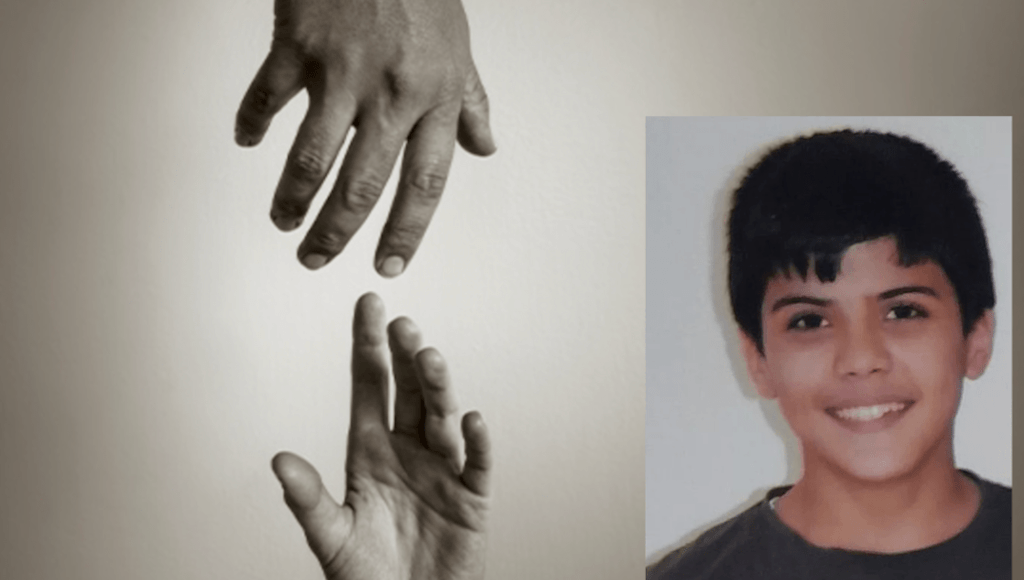A total of 82 people in Turkey died by suicide as a result of a post-coup purge since 2016, according to data released by the Brussels-based human rights monitor Solidarity with OTHERS, the Stockholm Center for Freedom reported on Monday.
Most recently Bahadır Odabaşı, 16, threw himself from the 10th story of his apartment building due to depression caused by the situation of his father, Nurettin Odabaşı, a former teacher who was fired from his job by an emergency decree and arrested on terrorism-related charges over his alleged links to the Gülen movement after the attempted coup on July 15, 2016.
The teenager, whose father has been in prison for the past four years, lapsed into depression and took his own life, Turkish media reported.
Last month three people in Turkey died by suicide on the same day, reportedly as a result of depression caused by actions of the Turkish government.
Forty-eight-year-old Fatma Demirel, a mother of one and a former healthcare worker who was fired from her job by an emergency decree, had died by suicide in her house in Diyarbakır on December 10. The same day, a university student whose parents had been fired from their jobs as public servants and a high-school student whose father was dismissed from the Turkish Armed Forces (TSK) both became depressed and killed themselves on Friday in Denizli and Uşak provinces, respectively.
Following the failed coup, the Turkish government declared a state of emergency and carried out a massive purge of state institutions under the pretext of an anti-coup fight. More than 130,000 public servants, including 4,156 judges and prosecutors, as well as 29,444 members of the armed forces, were summarily removed from their jobs for alleged membership in or relationships with “terrorist organizations” by emergency decree-laws subject to neither judicial nor parliamentary scrutiny.
The government also shut down 164 media organizations, 1,058 educational institutions and 1,769 NGOs.
Former public servants were not only fired from their jobs; they were also prohibited from working again in the public sector and getting a passport. The government also made it difficult for them to work formally in the private sector. Notes were put on the social security database about dismissed public servants to deter potential employers.
According to a joint report by the Justice for Victims Platform and Ömer Faruk Gergerlioğlu, a human rights advocate and lawmaker from Peoples’ Democratic Party (HDP), the two-year-long state of emergency declared after the failed putsch caused immense suffering among public servants who were dismissed from their jobs by the government as well as their families.
The dismissed civil servants lost 70 percent of their average monthly income, a circumstance that reduced them to dire financial straits, according to a survey conducted for the report.
According to the victims’ family members taking part in the survey, the biggest problem they have been facing is economic hardship (97.9 percent) followed by psychological problems (88.6 percent), loss of social prestige and social exclusion (83.7 percent), disintegration of social circles (83.1 percent), unemployment/lack of employment (80.4 percent) and lack of social security (73.2 percent).



